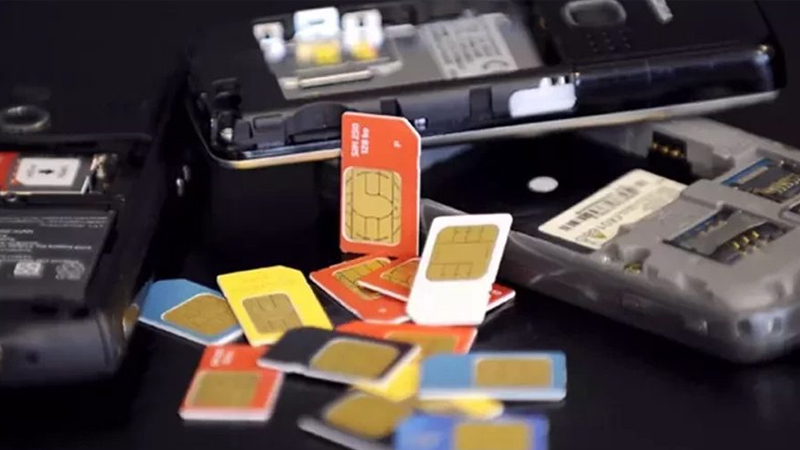In a brewing dispute between regulatory bodies in Pakistan, the Pakistan Telecommunication Authority (PTA) has firmly rebuffed the Federal Board of Revenue’s (FBR) directive to block around 0.6 million SIM cards belonging to non-filers. This rejection has set the stage for a potential legal showdown, with both sides invoking different provisions of the law.
FBR had sought the blocking of SIMs belonging to individuals who hadn’t filed their taxes, citing provisions under Section 114B of the Income Tax Ordinance, 2001. However, the PTA contends that such an order lacks legal enforceability and goes against the existing legal framework.
The crux of the issue lies in the jurisdictional authority over the execution of the Income Tax General Order (ITGO). The PTA, in an official communication to the FBR, clarified that executing the ITGO falls outside its purview and would not be legally binding. Moreover, the PTA highlighted procedural discrepancies, emphasizing the need for proper verification before implementing such measures.
Furthermore, the PTA underscored the potential adverse societal impacts of blocking SIMs, particularly affecting women and children who heavily rely on mobile connectivity for various activities including education, banking, and healthcare.
In light of these concerns, the PTA suggests exploring alternative measures to promote tax compliance, such as awareness campaigns and targeted communication, rather than resorting to punitive actions like SIM blocking.
The escalating disagreement underscores broader issues surrounding regulatory coordination and the balance between tax enforcement and social considerations. As the dispute unfolds, stakeholders including the Ministry of Information Technology and Telecom are expected to weigh in on the matter.
With both sides digging in their heels, the resolution of this dispute remains uncertain, raising questions about its potential implications on the telecom sector and the broader digital landscape in Pakistan.











Leave a Reply